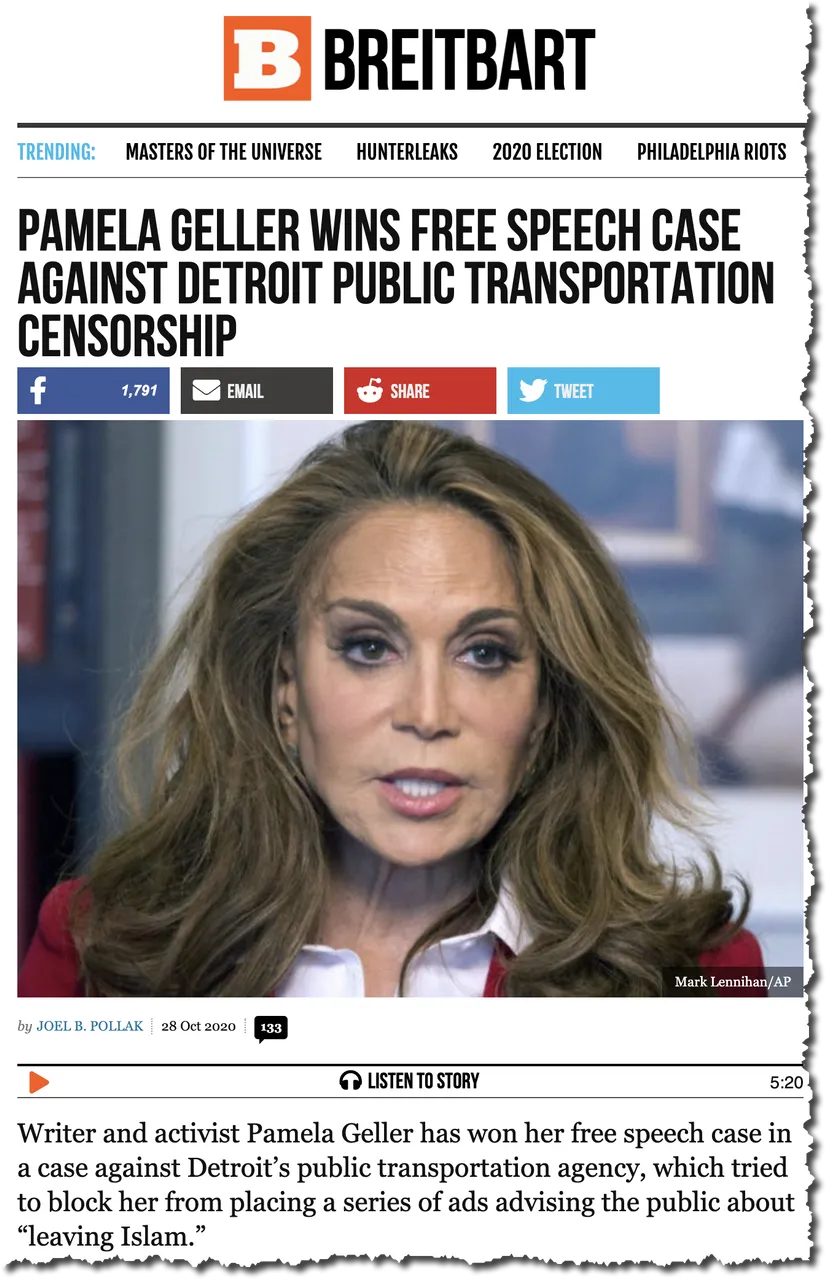TL;DR
My suggestion: if the large sites like Facebook or Twitter wish to have the protection of a law like Section 230, they need to broadly follow the 1st Amendment on their main site. If they wish they can have ALTERNATIVE sites, or sub-sites, which follow very tight moderation policies. They should offer advertisers and users the chance to quit "open" Facebook and go to their walled off "woke" Facebook.
The default, however, should be to treat us adults as adults and allow us to join or not join, see or not see pro-Trump, pro-Bernie or even pro-Nazi groups and material.
Given the choice between a free speech Twitter/Facebook/Google and one governed by arbitrary hate speech rules or "Open Society Fact Checkers" let's see where the eyeballs go, and then let the advertisers who pay for all this, decide who to show their adverts to.
The Case
Yesterday the clowns came to town and I'm not talking Oregon's Public health authority reading out Covid Deaths.
https://twitter.com/TPostMillennial/status/1321532527958466560
- TPostMillennial
Jack Dorsey, Zuckerberg and Pichai were all called into the headmaster's office for covering up for Biden and hiding the Hunter Biden story.
Despite Jack Dorsey being "destroyed" (according to numerous reports on Twitter), last time I checked, he's still running Twitter.
https://twitter.com/LizRNC/status/1321478396682113024
- LizRNC
The broad outline is these platforms, which started off with a relatively open approach to content and grew exponentially during that phase, have gradually placed increasing restrictions on what can be said.
Aside from the anti-competitive nature of banning certain speech especially in what can be advertised, this issue of the growing gap between what the Government in the USA can do and what Facebook, Twitter and Google can do needs to be addressed.
America's 1st Amendment:
Congress shall make no law respecting an establishment of religion, or prohibiting the free exercise thereof; or abridging the freedom of speech, or of the press; or the right of the people peaceably to assemble, and to petition the Government for a redress of grievances.
That doesn't have any extension to what private companies can publish or host. It is 100% a restriction on what the Government can restrict. When a government entity does run a venue where speech occurs in public, it is subject to the First Amendment (just see Pamela Geller's wins against Public Transit authorities who refuse her advertisments)
Writing in Human Events, Ron Coleman and Will Chamberlain homed in on Section 230 of the Communications Decency Act 1996. They proposed platform access as a new civil right in the USA and highlighted the two relevant parts of Section 230:
Section 230
Congress passed the Communications Decency Act in 1996. Famously, subsection (c)(1) of Section 230 states: “No provider or user of an interactive computer service shall be treated as the publisher or speaker of any information provided by another information content provider” under state and federal law.
...But there’s a more important liability protection in section 230. This provision protects platforms from liability for acts of the ISP’s themselves.
That’s subsection (c)(2). It mandates that::
“No provider or user of an interactive computer service shall be held liable on account of… any action voluntarily taken in good faith to restrict access to or availability of material that the provider or user considers to be obscene, lewd, lascivious, filthy, excessively violent, harassing, or otherwise objectionable, whether or not such material is constitutionally protected.”
This protects the platforms from being seen as publishers even when they make seemingly arbitrary decisions over what to leave up, what to take down and (now) pushing the envelop with content warnings, "fact checks" and all the other nanny state ideas they've come up with to protect the stupid masses from muh Russians and especially Trump.
Section 230 protections protect me on my small website from being held liable for a comment which I didn't see. Section 230, as written was essential to getting the Internet we have today and it was essential to how Facebook, Google and Twitter all came to be giants in their own spaces.
But now they've achieved dominance, they are abusive and change is needed. Here's my suggestion and it harkens back to a time before there was a SINGLE giant social network or search engine or real time news sharing site.
Over a certain size, platforms can only maintain a single unified interface if they adhere to restricting only illegal speech. The test becomes much closer to the one the US Government faces when trying to restrict speech.
My suggestion: if the large sites like Facebook or Twitter wish to have the protection of the law, they need to broadly follow the 1st Amendment on their main site. If they wish they can have ALTERNATIVE sites, or sub-sites, which follow very tight moderation policies. They should offer advertisers and users the chance to quit "open" Facebook and go to their walled off "woke" Facebook. To an extent they already do this allowing countries such as Pakistan or Germany to decide which content is or isn't visible in their nations.
The default, however, should be to treat adults as adults and allow us to join or not join, see or not see pro-Trump, pro-Communist or even pro-Holocaust Denial groups and material. The only guide should be legality in the viewers jurisdiction. Let local governments decide (i.e. the people if they're lucky enough to live in democracies).
Given the choice between a free speech Twitter/Facebook/Google and one governed by arbitrary hate speech rules or "Open Society Fact Checkers" let's see where the eyeballs go, and then let the advertisers who pay for all this, decide who to show their adverts to.

